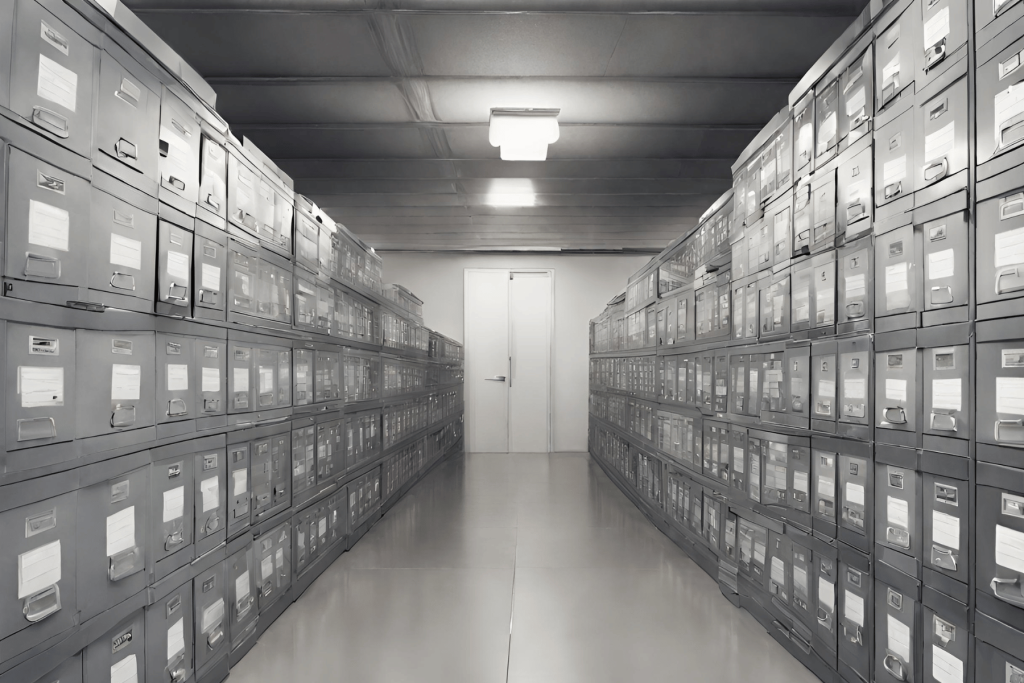Accounting records are the foundation of financial transparency and regulatory compliance in the complex world of business. Businesses in Singapore must understand how long to keep these records on file in order to maintain both legal compliance and effective operational procedures. For the purpose of easily determining the income produced and claimed business expenses, you should maintain accurate records and accounts for a period of five years as per IRAS. You must be able to provide invoices, receipts, vouchers, and other supporting documentation to back up your records and accounts. To avoid legal repercussions, firms must comprehend and abide by these requirements.
The foundation of solid financial management and regulatory compliance is effective document retention. Accounting records, which include everything from invoices to tax-related paperwork, are essential for proving financial responsibility. Effective handling of these documents guarantees that companies stay in compliance with Singaporean laws and improves operational efficiency.
Types of Accounting Documents
- Receipts and invoices: These records serve as proof of financial transactions and are essential for auditing.
- Bank Reconciliations and Statements: Crucial for monitoring financial activities and guaranteeing bookkeeping correctness.
- Payroll Records: Contains tax information, wage information, and other papers pertaining to payroll.
- Tax-Related Documents: Records showing compliance with tax duties, such as tax returns and accompanying documentation.
What are the types of records to keep?
Companies are required by IRAS to maintain accurate records and accounting of their commercial transactions. Among them are
- Document including bank statements, bank receipts, invoices, vouchers, and other pertinent documents sent to or received from clients, that provide a detailed account of all business transactions
- Accounting ledgers, diaries, and schedules that show the profits and losses, assets and liabilities, and revenue and costs of your business
- Other documentation of transactions pertaining to your company.
Retention Periods of Accounting Records
Common Guidelines: Although there is a five-year minimum retention period, there may be circumstances in which some documents must be kept for a longer time. Some companies may also implement rules to retain these records for up to 7 or 10 years depending up to their own discretion.
Factors Influencing Retention Periods: Document type, industry rules, and possible audits are some of the main elements affecting how long records ought to be kept on file.
For GST-Registered Companies:
For information on record keeping obligations, GST-registered enterprises can refer to the e-Guide on Record Keeping Guide for GST-Registered Businesses (PDF). This will address the needs for maintaining business documents in imaging and electronic media systems.
For Non GST-Registered Companies:
Please refer to the e-Guide Record Keeping Guide for Non-GST-Registered Businesses (PDF) for information on record keeping obligations for businesses that are not registered with the GST. This will address the needs for maintaining business documents in imaging and electronic media systems.
What to do with records that are no longer needed
1. Electronic copies: To avoid unwanted access, securely erase or destroy digital information using secure data wiping or physcial destruction of data bearing devices. Make sure backups are deleted safely.
2. Hard copies: To ensure compliance with data protection and environmental standards, use a safe shredding service for physical documents. Make sure that these papers are recycled after shredding.
To conclude, knowing how long to retain accounting records in Singapore is essential for operational effectiveness, regulatory compliance, and audit readiness. Businesses can confidently traverse the complicated terrain of document management by following suggested retention periods, implementing safe storage and disposal procedures, and resolving frequent issues. Continuous success and regulatory compliance are ensured by remaining educated and modifying document retention procedures in accordance with evolving rules. In addition to making daily operations easier, well kept accounting records also create the groundwork for a robust and legally compliant corporate environment.

